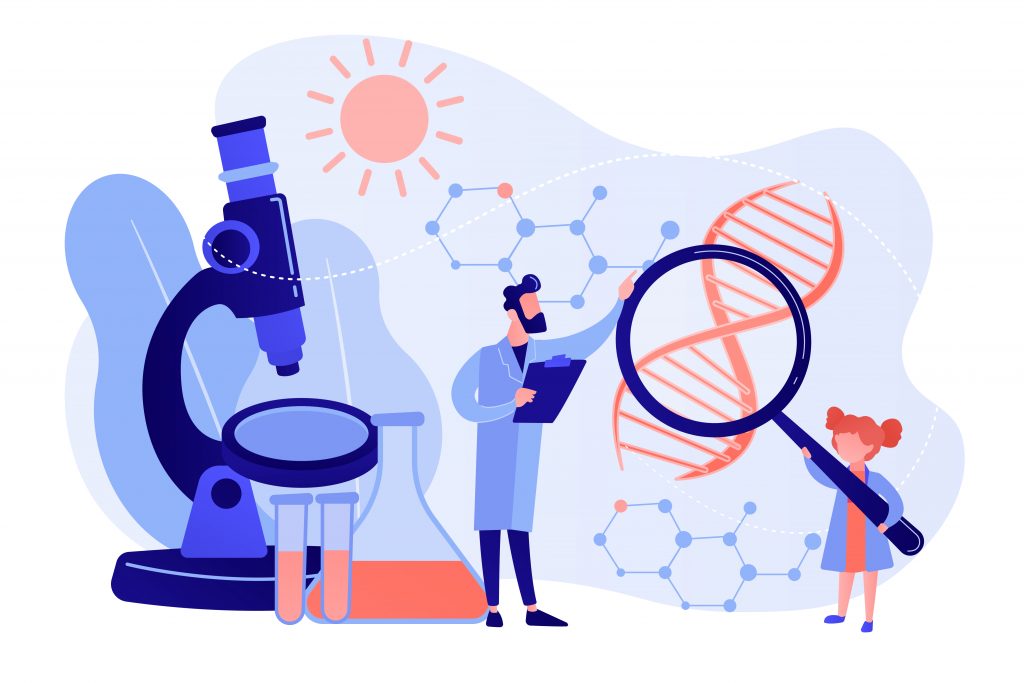Life Sciences Healthcare Services
In the Pharmaceutical, Lifesciences, and Healthcare sectors, harnessing the power of information technology and digital transformation is a game-changer. These industries can significantly reduce their Total Cost of Ownership (TCO) and increase profits by implementing cutting-edge technologies such as electronic health records (EHRs), telemedicine, and AI-driven diagnostics. These innovations streamline administrative processes, enhance patient care, and reduce the risk of errors, ultimately leading to cost savings. Moreover, by leveraging data analytics and predictive modeling, these companies can optimize clinical trials, drug development, and supply chain management, driving efficiencies and accelerating time-to-market for life-saving medications. Embracing digital transformation not only improves patient outcomes but also opens up new revenue streams, ensures long-term profitability and complies with all regulations in an ever-evolving healthcare landscape.

Implementation of digital transformation technologies:
Robotic Process Automation (RPA)
RPA is a game-changer in healthcare administration and pharmaceutical manufacturing. It can automate repetitive and rule-based tasks such as claims processing, appointment scheduling, and data entry. By reducing manual intervention, RPA enhances operational efficiency, reduces errors, and lowers labor costs. In pharmaceuticals, RPA can be employed in drug discovery processes, speeding up data analysis and reducing research and development time.Intelligent Automation
Intelligent automation combines RPA with AI and machine learning to handle more complex tasks. In healthcare, it can support clinical decision-making by analyzing patient data and providing treatment recommendations. In pharmaceuticals, it aids in drug development by automating data analysis and predicting potential drug interactions.Document Management Systems
Document management systems streamline the handling of medical records, patient data, regulatory compliance documents, and research papers. These systems improve data accessibility, security, and collaboration among healthcare professionals and researchers. In pharmaceuticals, they assist in maintaining regulatory compliance and managing a vast volume of documentation required for approvals.Legacy Application Modernization
Many healthcare systems and pharmaceutical companies still rely on legacy applications. Modernization involves updating these systems to meet current technological standards, ensuring compatibility with new digital solutions. It enhances data interoperability, security, and agility, enabling seamless integration with other systems. For healthcare providers, modernization can improve patient data sharing and the overall quality of care. In pharmaceuticals, it can facilitate efficient data exchange with research partners and regulatory bodies.Telehealth and Telemedicine Platforms
Digital transformation technologies have accelerated the adoption of telehealth and telemedicine, allowing patients to access medical services remotely. These platforms leverage video conferencing, real-time monitoring, and electronic health records to provide remote consultations, reducing the need for physical appointments and optimizing healthcare resource allocation.Patient Data Analytics
Big data analytics and AI-driven tools enable healthcare providers to mine vast datasets for insights into patient care and outcomes. Predictive analytics can help identify patients at risk of certain conditions, enabling proactive interventions and personalized treatment plans.Supply Chain Optimization
In the pharmaceutical industry, digital transformation technologies improve supply chain visibility and efficiency. Intelligent sensors and IoT devices monitor the temperature and condition of pharmaceutical products during transportation, ensuring the integrity of sensitive medications.Clinical Trials and Drug Developmen
Technologies like AI and machine learning can accelerate the drug development process by analyzing vast datasets, identifying potential drug candidates, and predicting their efficacy. They also assist in designing more efficient and targeted clinical trials, reducing costs and time-to-market.We bring together our deep industry knowledge and technology expertise to transform and accelerate the growth of your organization.
TechTiera has deep domain industry knowledge of Pharmaceutical, Life Science and Health industry segments::
Pharmaceutical:
- Research & Development
- Manufacturing
- Regulatory Affairs
- Quality Assurance and Control
- Supply Chain and Logistics
- Clinical Trials
- Sales & Marketing Affairs
Life Sciences:
- Biotechnology
- Genomic Research
- Medical Devices
- Clinical Diagnostics
- Bioinformatics
- Agricultural Biotechnology
Healthcare:
- Healthcare Administration
- Health Information
- Technology
- HL7 and HIPAA Standards
- Health Insurance & Payers
- Emergency Medical Services
- Regulatory & Compliance
TechTiera’s offerings for Pharmaceutical, Life Sciences and Healthcare Customers:
- Strategy & Advisory Services
- Digital Transformation Consulting
- Technology Transformation Services
- Intelligent Automation Services
- Content and Collaboration Services
- Cloud Services
- Infrastructure Services
- Legacy Application Modernization
- Enterprise Resource Planning System
- Customer Relationship Management
- Billing Systems
- Marketing Technologies (MarTech) Systems
- Sales & Marketing Systems
- Data Engineering and Data Science
- Enterprise Analytics / Business Intelligence Systems
- Customer Experience Platform Services
- Enterprise Integrations
- Custom Application Development
- Clinical Trial solutions
- 21CFR11 Assessment and Computer Systems Validation
- Regulatory Publishing
- Business Intelligence, Data Mining & Data Portals
- IoT, BigData Analytics
- Biomedical Engineering
- Bioinformatics
- Quality Assurance & Automation Testing
- Application Support and Maintenance
- Managed Services


